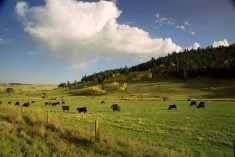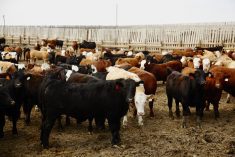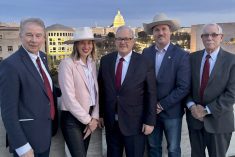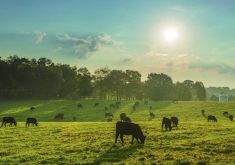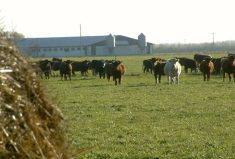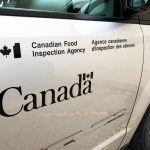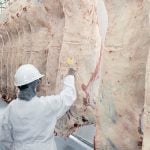As the January 20 inauguration of president-elect Donald Trump approaches, the Canadian Cattlemen’s Association (CCA) is also preparing for the transition. We have worked hard over the years to build strong relationships with American industry and government officials and we will continue to do so. One of the early questions is obviously related to the future of trade agreements and whether Trump will prefer for the U.S. to be the hub of several bilateral agreements instead of a participant in regional and multilateral agreements. The CCA’s intention is to ensure that the interests of Canadian beef producers are advanced regardless of what cards are dealt.
Read Also
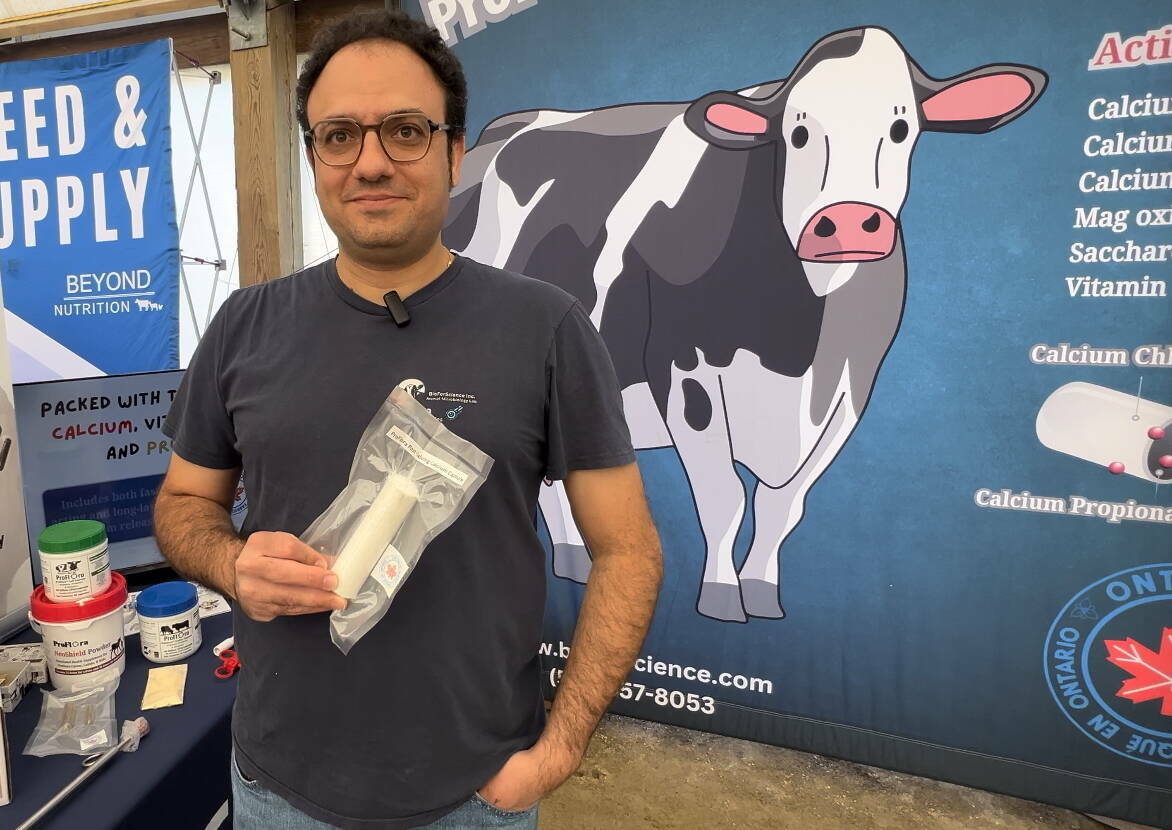
Canadian Cattle Young Leaders, national Environmental Stewardship Award winner and more
Canadian beef industry news, including award winners and job changes.
As Trump and his transition team work through the process of developing their policies and selecting cabinet and sub-cabinet appointees, we have already addressed a potential issue for the beef industry. Following media reports that the transition team had included reinstatement of country-of-origin labelling (COOL) as an objective, the CCA leveraged relationships with allies who effectively explained to the Trump transition team why COOL is bad policy for the U.S., and it has been deleted from the Trump trade policy plan. This outcome demonstrates the value of the CCA maintaining its relationships in Washington, D.C., and throughout the U.S. with our U.S. allies. As we continue to monitor the situation, the CCA is taking every opportunity to reinforce the importance of Canada retaining its right to impose retaliatory tariffs if the U.S. reintroduces COOL in a manner that causes renewed discrimination against imported livestock.
In December, Fawn Jackson CCA manager, environment and sustainability, and environment committee chair Bob Lowe shared the beef industry’s perspective on sustainability, environment and climate change with Government of Canada policy makers. Jackson presented to the Standing Committee on Fisheries and Oceans, where she discussed the shared value of ample, clean drinking water and the stewardship demonstrated by producers in protecting this important resource.
Later Jackson, Lowe and the CCA Ottawa staff met with key Environment Canada and Agriculture and Agri-Food Canada staff. Discussions focused on the results of the Canadian Roundtable for Sustainable Beef (CRSB) sustainability assessment and strategy, the development of the CRSB verified sustainable beef framework, CCA climate change policy, and species at risk. They also participated in introductory discussions on the government’s milestone goal of developing a “Food Policy” by 2019.
Overall the meetings were productive and there was clear support for the approach of the beef industry to proactively engage in sustainability. Our sense is that we are making headway in our objective of getting government to recognize agriculture as a part of the solution to its environment policy objectives. Ultimately, we need them to recognize the steps that have already been taken by the Canadian beef sector to be a global leader in this area and to reward further ongoing work.
The CCA advocates the importance of government working in collaboration with Canada’s beef industry to achieve common environmental and economic targets. Working together to find solutions for species at risk on agricultural landscapes will help to maintain an economically viable beef industry and avoid regulations that limit the ability of Canadian cattle production to compete on a national and global scale. The CCA also advocates for the support of research and agri-environmental programs, believing that investing in research, innovation, and agri-environmental programming are some of the best investments to make.
Regarding the national Agricultural Policy Framework’s (APF) environmental sustainability programming, the CCA encourages government to support ranchers’ conservation actions through funding and further developing ecological service and agri-environmental programs. Programs such as these promote natural resource conservation, improve the environmental health of Canada’s landscape and build resiliency into the agriculture sector. These programs will be most successful if they are incentive-based, community delivered, and voluntary.
The CCA has been actively engaged in the national APF consultations and will continue to collaborate in this policy-making process. The CCA’s overarching recommendations are that the programs under the next APF be finalized for a seamless roll out on April 1, 2018, and that program delivery is simplified and approval processes are more transparent and consistent.
A high priority for the beef cattle sector is to ensure that the next APF enhances our competitiveness in both international markets and here in Canada. This will require a strong emphasis on research, science and innovation.
Industry and government have a shared responsibility for research that contributes to the competitiveness, innovation and sustainability of the beef cattle industry. Research is integral to providing science-based information to support consumer confidence and to ensure that Canada’s beef industry is globally competitive and able to take advantage of current and emerging trade opportunities.
One of the most successful programs under Growing Forward 2 is the Beef Science Cluster, and we feel strongly that it should be retained and expanded. It has encouraged increased industry investment in research and allowed the beef industry to fund a more comprehensive research portfolio in areas like animal health and care, environmental sustainability and antimicrobial resistance.
The CCA is working hard to keep beef cattle producers’ presence known on Parliament Hill with Ottawa staff hosting several Fly-In Days. To date the CCA has hosted Beef Farmers of Ontario, Alberta Beef Producers, Saskatchewan Cattlemen’s Association, and Maritime beef cattle producers from Nova Scotia, New Brunswick and Prince Edward Island to build on this momentum and maintain it.



